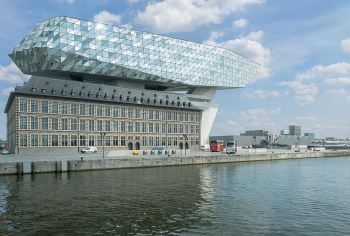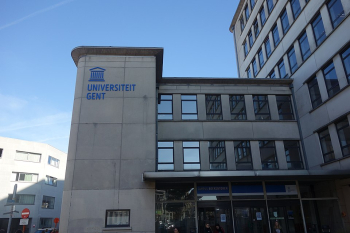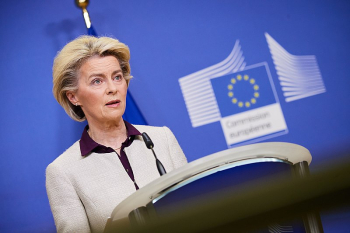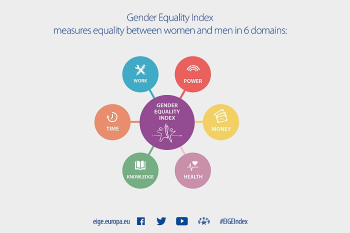
Despite the European Commission's optimism about the approval of the so-called pact on migration and asylum before the next EU elections, experts in the
field are not as positive. The pact consists of a series of regulations that cover solidarity mechanisms, screening procedures for third nationals entering EU territory, and crisis management.
One of the controversial issues in EU migration policy is the distribution of migrants among member states, which burdens Mediterranean countries. The current Dublin system will be kept under the reformed Migration Pact, but it will be accompanied by a so-called solidarity mechanism to relieve the burden. Member states can contribute to help first arrival countries by accepting quotas of migrants, providing equipment, or financial assistance. However, experts believe that financial solidarity does not eliminate the strong disparities in burden-sharing.
The German government is convinced that the EU negotiations will be completed by spring 2024. The European Parliament together with the permanent representatives of several countries agreed to approve the pact by February 2024 to ensure that the legislation is adopted before the next European elections. The crucial question will be whether enough countries are prepared to actually take in migrants rather than contributing financial aid.

















